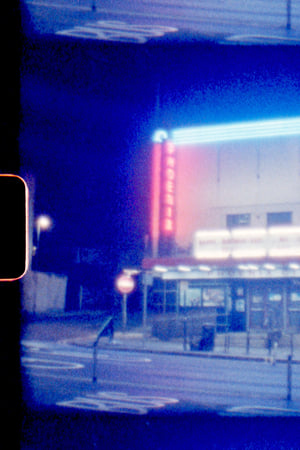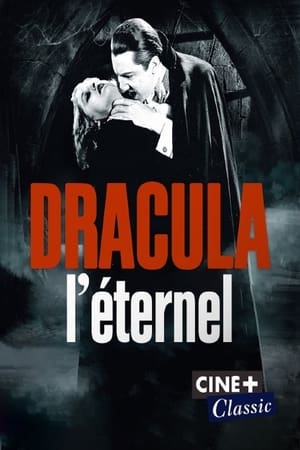
Cinema Now(2022)
A meditation on cinema(s) as they currently are - dormant, towering meccas of film that once served (and will again serve) strangers, families and communities.
A fragmented collection of independent closed cinemas, in London during lockdown, captured on Super 8mm film.
Movie: Cinema Now
Top 10 Billed Cast
Self (voice)
Self (voice)
Self (voice)
Self (voice)
Self (voice)
Self (voice)
Self (voice)
Self (voice)
Self (voice)
Self (voice)
Similar Movies
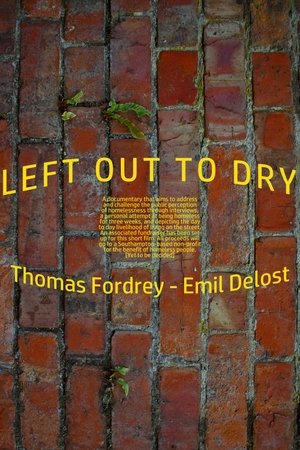 0.0
0.0Left Out to Dry(en)
A documentary that follows one man who attempts to live on the street, while interviewing the homeless people of Southampton and recounting his own experience.
 0.0
0.0A Look at the World of 'Soylent Green'(en)
This promotional short film for "Soylent Green" (1973) begins by showing clips of films that depicted what the future might be like beyond Earth. The narrator then discusses the origin of the idea depicted in "Soylent Green." Director Richard Fleischer and star Charlton Heston discuss how an upcoming crowd scene will be filmed. Then we see what happens when the crowd riots because there is not enough food available to be distributed to everyone. "Soylent Green" was Edward G. Robinson's 101st (and, as it turned out, his last) feature film. During a break in filming, the cast and crew hold a ceremony celebrating the first film of his "second hundred," and Robinson makes appreciative remarks to the crowd. Studio head Jack L. Warner and friend George Burns are among those in attendance.
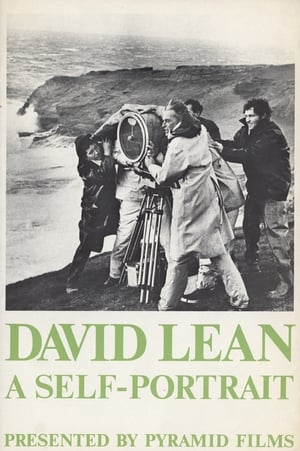 0.0
0.0David Lean: A Self Portrait(en)
A television documentary on the life and career of British film director David Lean. Scenes of Lean directing are intercut with personal interviews in which the director explains his methods, the beginnings of his career, and his relationships with actors and actresses.
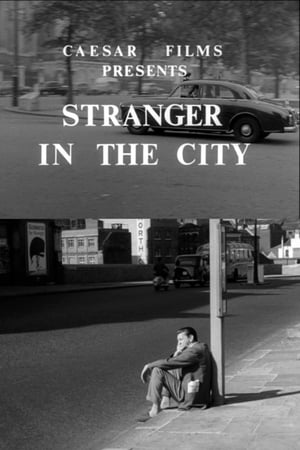 0.0
0.0Stranger in the City(en)
Aspects of a London day, including prostitutes on street corners, a striptease show and the 2i's Coffee Bar.
 5.8
5.8Room 999(fr)
In 1982, Wim Wenders asked 16 of his fellow directors to speak on the future of cinema, resulting in the film Room 666. Now, 40 years later, in Cannes, director Lubna Playoust asks Wim Wenders himself and a new generation of filmmakers (James Gray, Rebecca Zlotowski, Claire Denis, Olivier Assayas, Nadav Lapid, Asghar Farhadi, Alice Rohrwacher and more) the same question: “is cinema a language about to get lost, an art about to die?”
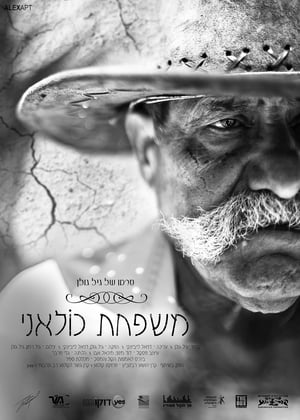 8.0
8.0Family Affairs(he)
Family Affairs is an Israeli documentary film directed by Gil Golan, which was released in 2013. The film tells the story of Gil, a treacherous man who came from a family where infidelity has always been an integral part of the relationship. Gil embarks on a documentary journey into the depths of family history on the question of whether it is possible to break the pattern that is passed down from generation to generation.
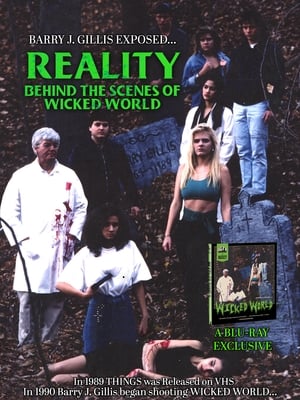 0.0
0.0Reality Behind the Scenes of Wicked World(en)
In 1990 Barry J. Gillis began shooting wicked world on 16mm film. Eddie Platt, took his video camera along to many of the locations, capturing footage of the insane Movie Shoot.
 6.0
6.0Clawing! A Journey Through the Spanish Horror(es)
In the late sixties, Spanish cinema began to produce a huge amount of horror genre films: international markets were opened, the production was continuous, a small star-system was created, as well as a solid group of specialized directors. Although foreign trends were imitated, Spanish horror offered a particular approach to sex, blood and violence. It was an extremely unusual artistic movement in Franco's Spain.
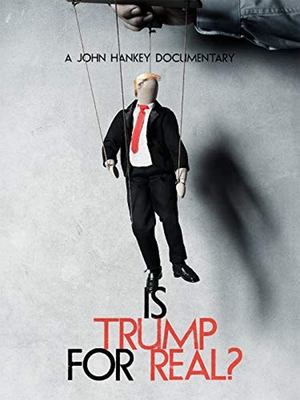 4.0
4.0Is Trump for Real?(en)
With the help of Steve Bannon and Cambridge Analytica, Trump was groomed to appeal to those who have lost faith in media and politics. Bannon has admitted that he modeled his campaign on the one crafted for Hitler, who was a puppet of dark forces. Through meticulous investigation, John Hankey explores this, and how the media circus following Trump is a strategy for dividing a "United" States.
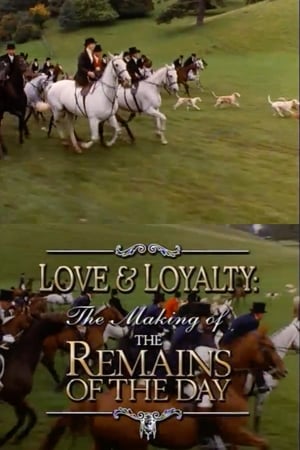 6.0
6.0Love & Loyalty: The Making of 'The Remains of the Day'(en)
The filmmakers and lead actors of The Remains of the Day (1993) discuss how they came to make the film, and the subtle power of its execution.
Advance Australian Film(en)
It's been 20 years since an Australian film has reached number one at the yearly Box Office and our films have consistently grossed under 5% for the years. So what can we do to make a change?
 0.0
0.0All Screwed Up(en)
All Screwed Up | Visual Tribute is a passion project directed by Isaac "Chill" Yowman and produced by IYO Visuals in association with DJ Screw’s family to celebrate the life & legacy of a legend.
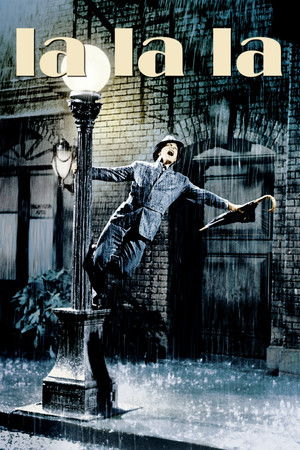 7.2
7.2La La La(fr)
When the silent cinema learned to speak, the audience was surprised not only by the voices of the actors and the sound effects, but also by a new element, the music, which, combined with the dance and an unprejudiced imagination, gave rise to a new genre, as important to Hollywood cinema as the western was: the musical. A journey through the history of this genre, from its beginnings to the present day.
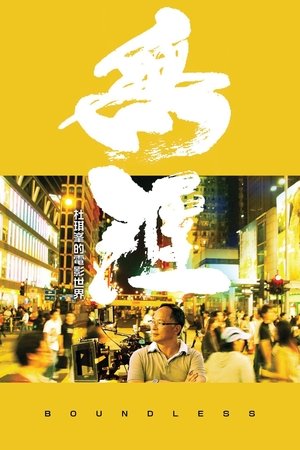 7.5
7.5Boundless(cn)
As Hong Kong's foremost filmmaker, Johnnie To himself becomes the protagonist of this painstaking documentary exploring him and his Boundless world of film. A film student from Beijing and avid Johnnie To fan, Ferris Lin boldly approached To with a proposal to document the master director for his graduation thesis. To agreed immediately and Lin's camera closely followed him for over two years, capturing the man behind the movies and the myths. The result is Boundless, a candid profile of one of Hong Kong's greatest directors and a heartfelt love letter to Hong Kong cinema.
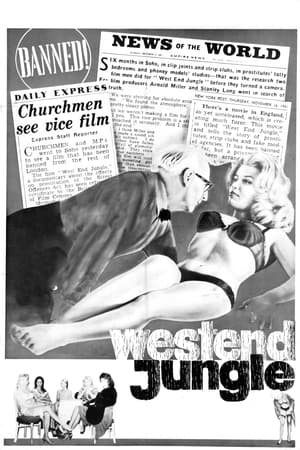 4.7
4.7West End Jungle(en)
1961 documentary about the history and seedy reality of the sex industry in London's Soho.
 8.0
8.0Punk Girls - Die weibliche Geschichte des britischen Punk(de)
London 1976: Between economic crises and the Silver Jubilee, something is brewing in the squats and basement clubs of West London: Punk. A promise, a new beginning. Punk meant self-empowerment, especially for the women in the scene. For the first time, women picked up guitar, bass and drums, formed bands and wrote their own songs.
All This Can Happen(en)
A flickering dance of intriguing imagery brings to light the possibilities of ordinary movements from the everyday which appear, evolve and freeze before your eyes. Made entirely from archive photographs and footage from the earliest days of moving image, All This Can Happen (2012) follows the footsteps of the protagonist from the short story 'The Walk' by Robert Walser. Juxtapositions, different speeds and split frame techniques convey the walker's state of mind as he encounters a world of hilarity, despair and ceaseless variety.
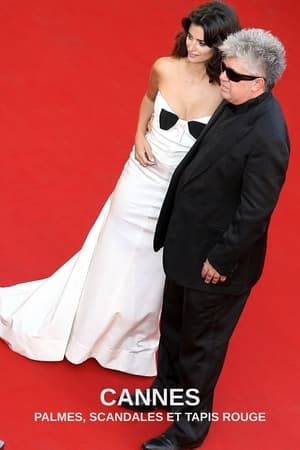 8.0
8.0Cannes : Palmes, scandales et tapis rouge(fr)
How could the Cannes Film Festival become the biggest cinema event in the world? For 75 years, Cannes has succeeded in this prodigy of placing cinema, its sometimes paltry splendors but also its requirements of great modern art, at the center of everything, as if, for ten days in May, nothing was more important than it. This film tells how Cannes has become the largest film festival in the world by opening up to cinematic modernity while never forgetting that cinema remains a performing art, a popular art.
 5.2
5.2Au Hasard Bresson(de)
In 1966, German film critic Theodor Kotulla — who would go on to become one of the New German Cinema's most uncompromising filmmakers — visited the set of Robert Bresson's "Mouchette" (1967) and created this half-hour documentary about the director. It won the 1967 German Film Award for best short documentary.
